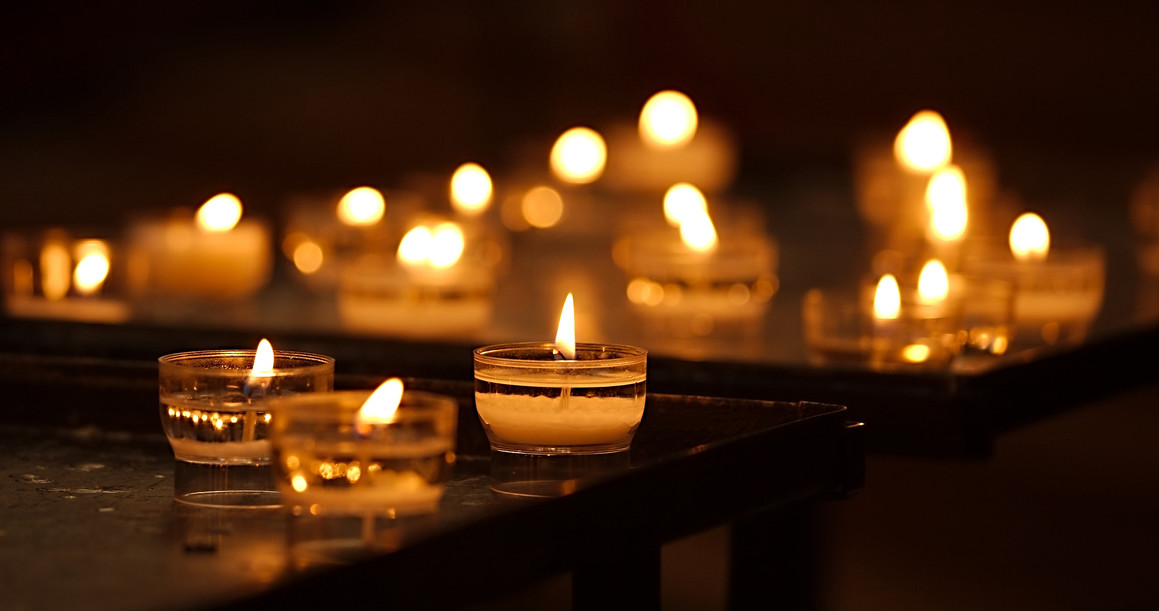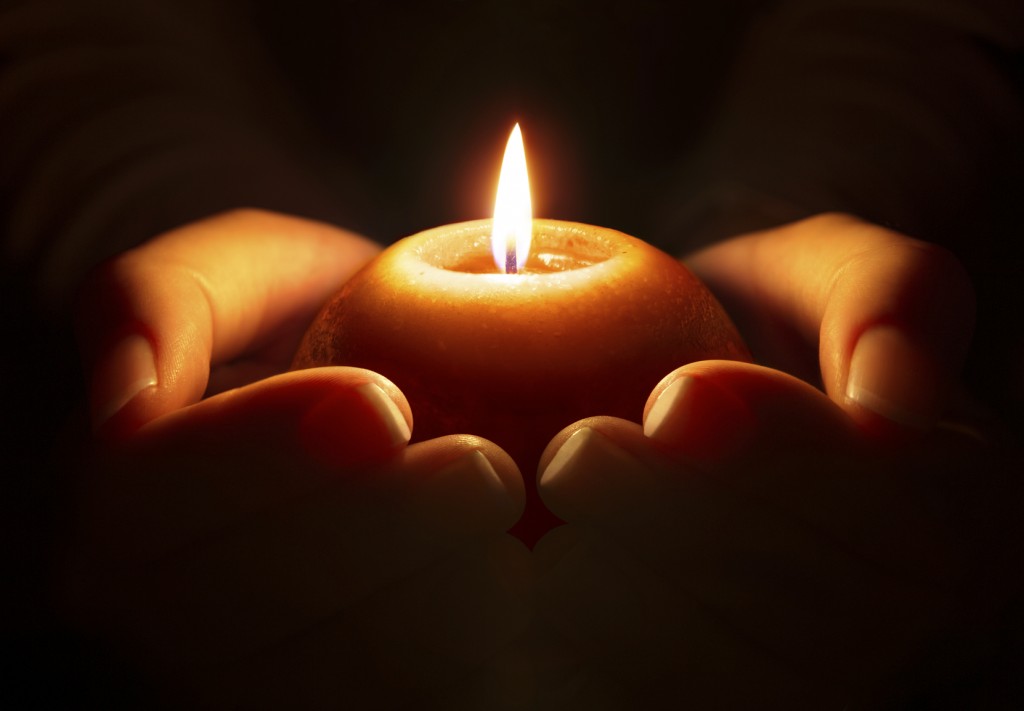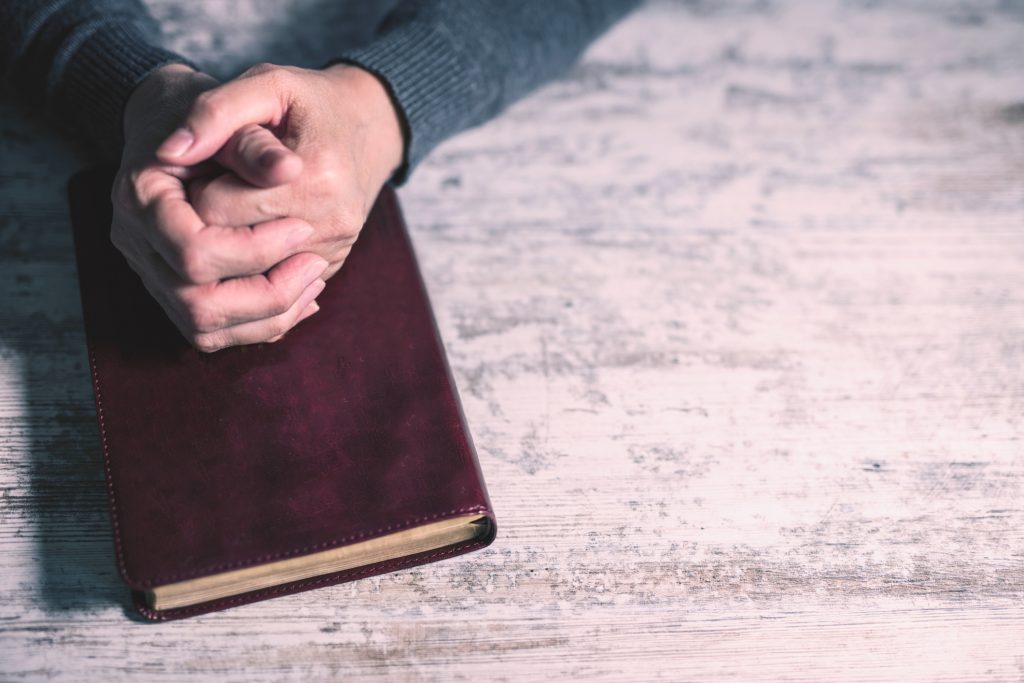Losing a friend or family member through suicide is one of the most difficult, emotional stresses one can experience, and the turmoil can go on for years.
Albert Hsu has walked through this journey and he offers his personal reflections on the complex range of emotions experienced by many suicide survivors.
“When you experience a death by suicide in your family it upends your life; most of the time we do not see it coming and it is a devastating experience. It divides your life between before and after and there is no going back.”
“We experienced a multiple range of emotions. Counselors and therapists talk about grief of suicide being a complicated grief or a complicated bereavement. A death of any kind is hard enough and there is a normal process to grieving, but in the case of a suicide, like in the case of a murder or a terrorist attack, there is an additional trauma on top of it.”
Albert says that while the grief of losing a loved one is normal, the trauma is not.
“The grieving process is difficult in any case and we would be experiencing all sorts of sadness and pain, but then the trauma of the suicide complicates it. If you lose a child, a teenager, to cancer that’s already a sad death, but if you lose a loved one to suicide it heightens the grief.”
It’s important to recognize that there are complex and confusing emotions that are more prominent for those grieving a suicide. Albert speaks to the reality of survivor’s guilt that his mother experienced after his father’s death by suicide.
“Survivor’s guilt is very common: ‘I should have seen this coming; I should have done something to prevent this.’ My mother is a nurse and she actually did see the signs of depression. She did all the right things; she took weapons out of the house, she got my father to the hospital for observation, but nevertheless, she wasn’t able to prevent his suicide. Thus, she does feel inside like a failure as a caregiver and she feels like it’s her fault.”
He describes a few additional emotions that survivors may experience to help us better understand the grieving process.
“We also experience shame and stigma. In many circles, especially in Christian circles, we don’t talk about things like depression, mental illness, or suicide. Those are seen as shameful areas and we would prefer not to talk about it. There is something of a taboo a ‘can’t talk’ rule around these things.”
“We experience conflictedness as survivors. If it had been say a car accident we could blame the driver of the car, the drunk driver. If it had been cancer, leukemia, we can blame the disease. If it had been a murder, we can blame the murderer. But in this case, the victim is the murderer and so we are conflicted. We rage against our loved one at the same time that we’re grieving them and so we are torn. The anger and the sadness are co-existing at the same time and we don’t know what to do with that.”
Albert wants to remind those who have lost a loved one to suicide that there is hope in the grieving process. We have the opportunity to recognize painful emotions, reach out to someone we can trust, and embrace God’s healing presence in our lives today.
Albert Y. Hsu is senior editor for IVP Books at InterVarsity Press, where he acquires and develops books in such areas as culture, discipleship, church, ministry and mission. He is author of several books including .
If you or someone you know is having suicidal thoughts, please contact the suicide hotline at 1-800-SUICIDE (1-800-784-2433) or visit save.org.
Grieving a suicide




















